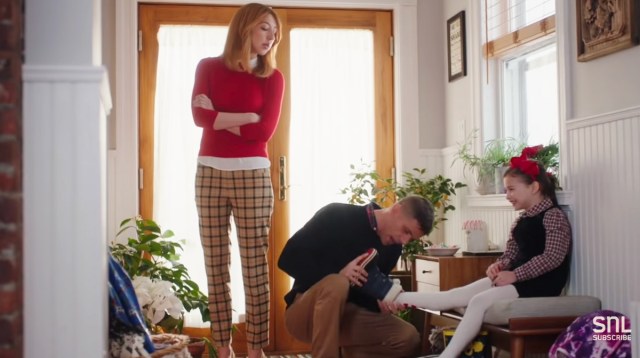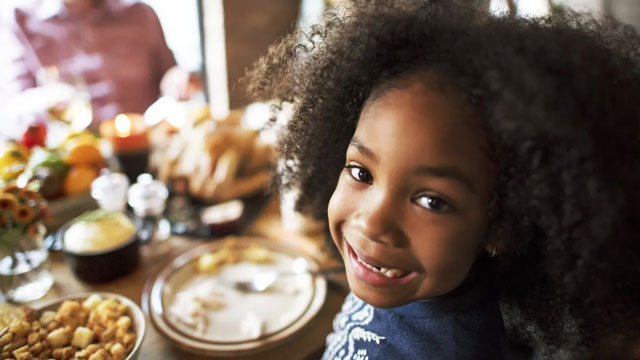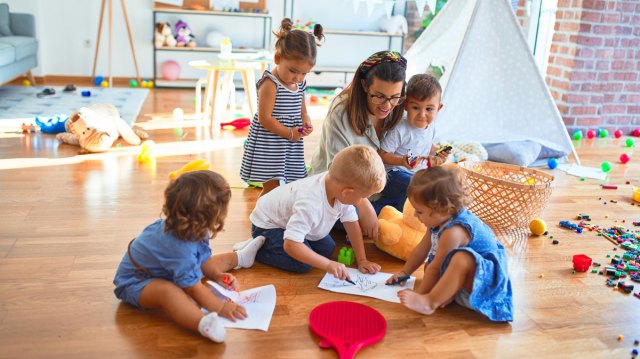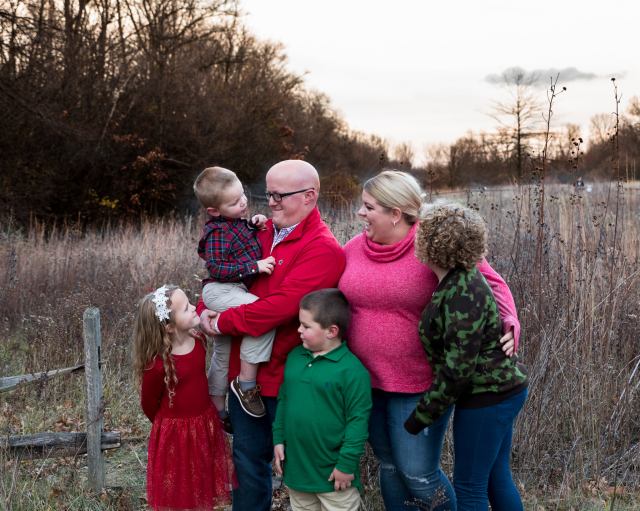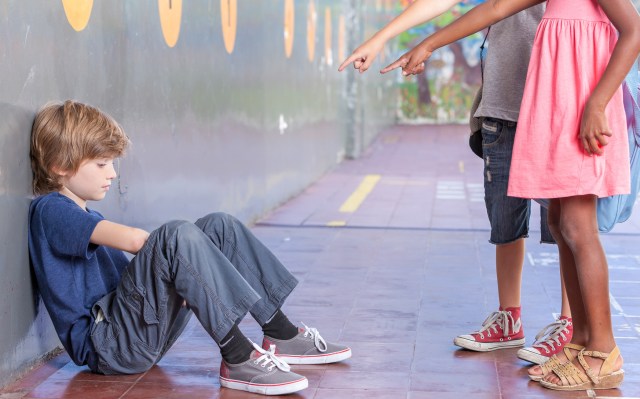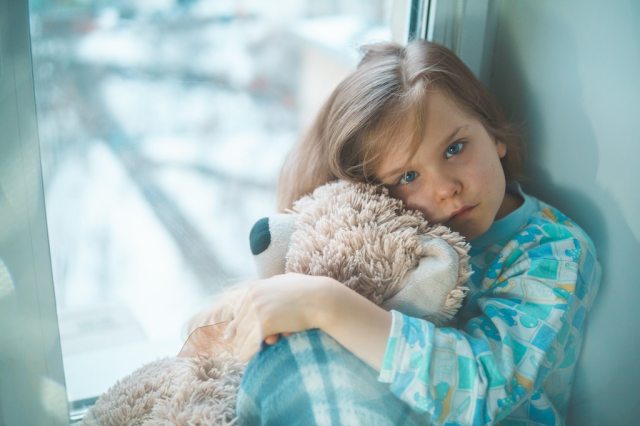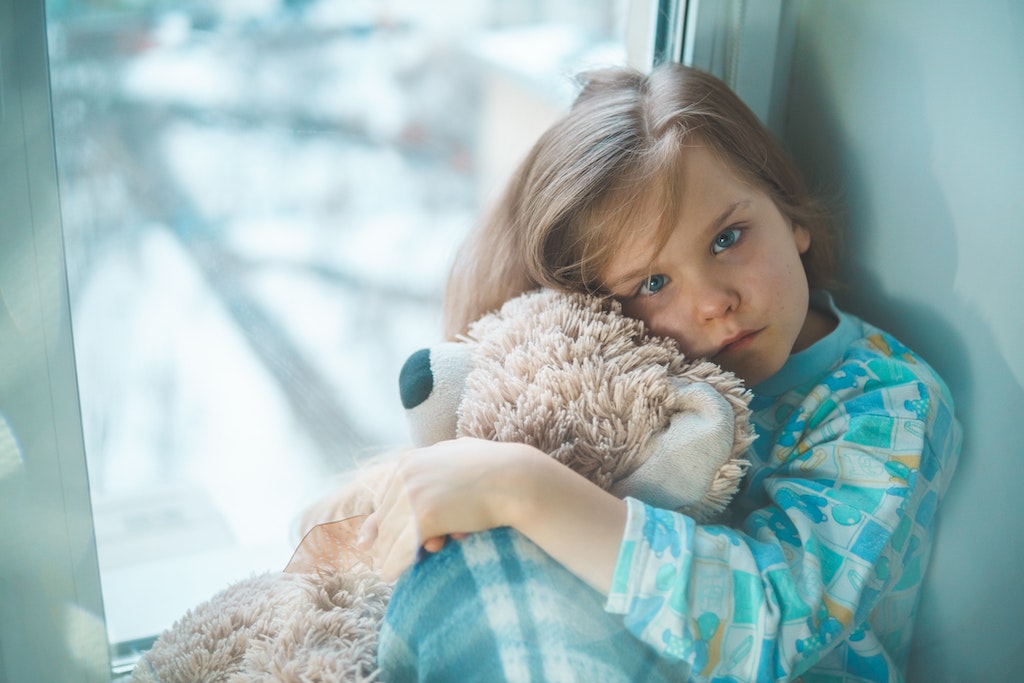Dear Husband,
I. need. more. help.
Last night was hard for you. I asked you to watch the baby so I could go to bed early. The baby was crying. Wailing, really. I could hear him from upstairs, and my stomach knotted from the sound, wondering if I should come down there and relieve you or just shut the door so I could get some desperately needed sleep. I chose the latter.
You came into the room 20 minutes later, with the baby still frantically crying. You placed the baby in the bassinet and gently pushed it just a few inches closer to my side of the bed, a clear gesture that you were done watching him.
I wanted to scream at you. I wanted to launch an epic fight that very moment. I had been watching the baby and the toddler all damn day. I was going to be waking up with the baby to feed him all damn night. The least you can do is hold him for a couple of hours in the evening so I can attempt to sleep.
Just a few hours of precious sleep. Is that too much to ask?
I know we both watched our parents fulfill the typical mother-father roles growing up. Both our mothers were the primary caretakers and our fathers were relatively hands-off. They were excellent dads, but they weren’t expected to spend a significant amount of time changing diapers, feeding, caring, and tending to the kids. Our mothers were the superwomen who maintained the family dynamics. Cooking, cleaning, and raising the children. Any help from dad was welcome but unexpected.
I see us falling into these family dynamics more and more each day. My responsibility to feed the family, keep the house clean, and take care of the kids is assumed, even as I return to work. I blame myself for most of it, too. I have set the precedent that I can do it. And in truth, I want to. No offense, but I’m not sure I want to know what a week’s worth of dinner would look like with you in charge.
I also see my friends and other moms doing it all, and doing it well. I know you see it, too. If they can manage it, and if our mothers did it so well for us, why can’t I?
I don’t know.
Maybe our friends are playing the part in public and secretly struggling. Maybe our moms suffered in silence for years and now, 30 years later, they simply don’t remember how hard it really was. Or maybe, and this is something I berate myself over every single day, I’m just not as qualified for the job as everyone else. And as much as I cringe just thinking it, I’m going to say it: I need more help.
Part of me feels like a failure for even asking. I mean, you do help. You are an amazing father, and you do a great job with the kids. And besides, this should come easy to me, right? Motherly instincts, no?
But I’m human and running on five hours of sleep and tired as hell. I need you.
In the morning, I need you to get our toddler ready so I can care for the baby and make everyone’s lunches and drink a cup of coffee. And no, getting the toddler ready does not mean plopping him in front of the TV. It means making sure he goes potty, giving him some breakfast, seeing if he wants water, and packing his bag for school.
At night, I need an hour to decompress in bed, knowing our toddler is asleep in his room and the baby is in your care. I know it’s hard to listen to the baby cry. Believe me, I know. But if I can watch and pacify the baby for the majority of the day, you can do it for an hour or two at night. Please. I need you.
On weekends, I need more breaks. Times when I can get out of the house by myself and feel like an individual. Even if it’s just a walk around the block or a trip to the grocery store. And some days when I’ve scheduled swim class and play dates, and it seems like I’ve got it all under control, I need you to offer to lend me a hand. Or suggest I go lie down during the kids’ naptime. Or start putting away the dishes without me suggesting it. I need you.
Lastly, I need to hear you’re grateful for all I do. I want to know that you notice the laundry is done and a nice dinner has been prepared. I want to know you appreciate that I breastfeed at all hours and pump when I’m at work when it would be easier for me to formula feed. I hope you notice that I never ask you to stay home from your networking events and sports activities. As the mom, it’s assumed I’ll be home all the time and always available to care for the kids while you’re out and I feed that assumption by, well, being home all the time.
I know it’s not how our parents did it, and I hate even asking. I wish I could do it all and make it look effortless. And I wish I didn’t need kudos for doing things most people expect from a mom. But I’m waving a white flag and admitting I’m only human. I’m telling you how much I need you, and if I keep going at the pace I’ve been on, I will break. And that would hurt you, the kids, and our family.
Because, let’s face it: You need me, too.
This post originally appeared on And What a Mom!







